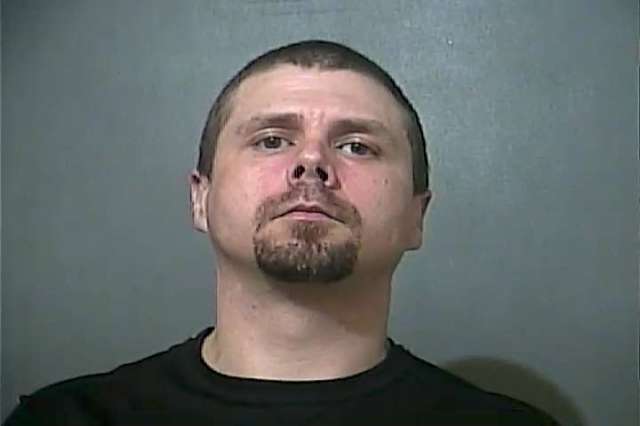Defense Contends Kaiser Assisted in Disposing of Body Out of Fear for Himself, His Children
Published on August 25 2020 10:31 am
Last Updated on August 27 2020 11:24 am
Written by Greg Sapp
The defense attorney for Aaron Kaiser argued Tuesday that Kaiser assisted Christopher Glass in disposing of Kimberly Mattingly's body out of fear for himself and for his children.
(AARON KAISER)

Prosecution testimony was heard Tuesday in Kaiser's trial for concealment of homicidal death. Both the prosecution and defense contend that Glass shot Mattingly. The divergence of opinion is why Kaiser assisted in disposing of Mattingly's body.
Effingham County State's Attorney Bryan Kibler shared in his opening statement that Kaiser had opportunities to get away from Glass and even assist Mattingly when Glass left the crime scene, and that he misled police investigating the incident, at one point denying he knew Mattingly.
(KIMBERLY MATTINGLY)

Effingham County Conflicts Public Defender Lucas Mette said that Kaiser, his client, was "paralyzed with fear" at the time of the incident. Mette said that Glass told Kaiser he knew where some of Kaiser's children live and threatened them if Kaiser didn't assist him.
Mette also offered that Mattingly wasn't killed by the first shots she received and that Glass shot her again. Glass then left the scene for a period of time and when he returned to dispose of the body, Mattingly was still alive, calling for help, and he strangled and asphyxiated her. Glass is due to be tried for Mattingly's murder in September.
(CHRISTOPHER GLASS)

The doctor who performed the autopsy on Mattingly's body, though, said he saw no evidence that Mattingly was strangled or asphyxiated by dirt Kaiser said Glass put in her mouth. Dr. Scott Denton testified that it was a gunshot to the neck that fatally wounded Mattingly, one of eight gunshots she received.
Also testifying was Effingham County Sheriff's Department Sergeant Travis Buhnerkempe, who said he visited Kaiser's residence within a week of the shooting. Buhnerkempe testified that Kaiser was "cordial" when he arrived, said he hadn't seen Glass for "three or four weeks" and when asked if he knew Mattingly, said "he didn't think so."
Sergeant Zachary Nichols of Illinois State Police Investigations also testified that Kaiser said he denied knowing who Mattingly was when he was interviewed on April 29.
Kibler rested the prosecution's testimony around 2:30pm.
Kaiser's trial is expected to conclude Wednesday. Defense testimony is to begin at 8:45am.













